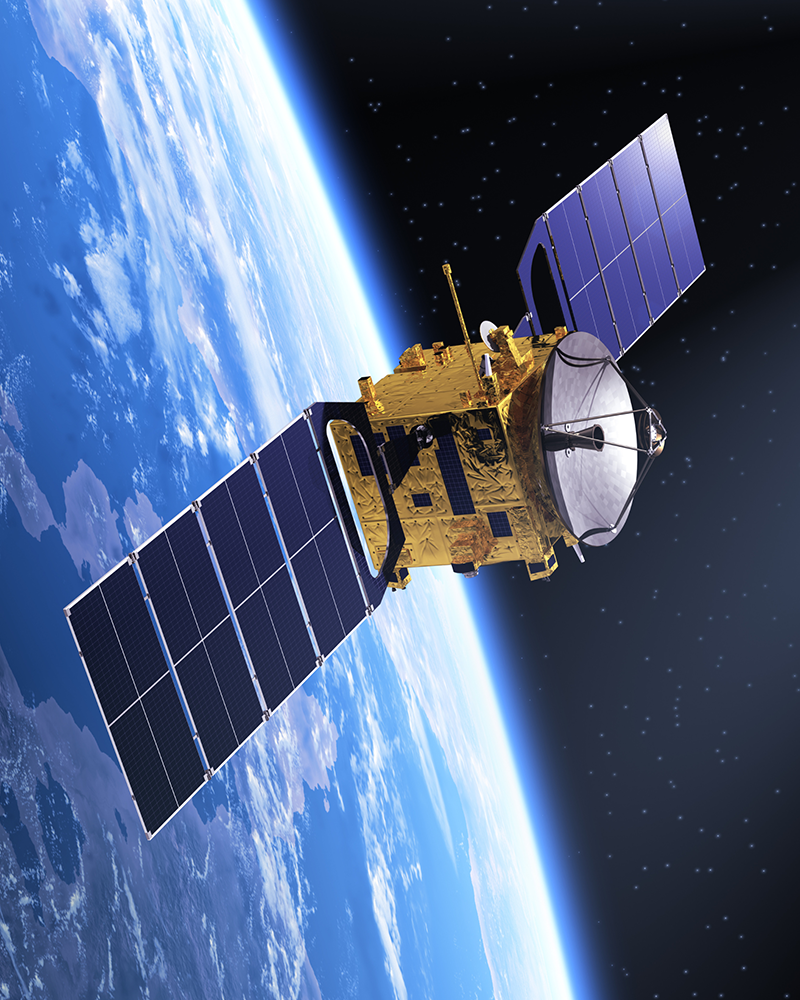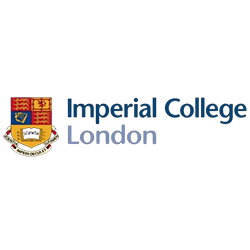Astronomy and Physics
A postgraduate physics and astronomy degree allows students to expand their understanding of the fundamental laws of nature and the structure of the universe, while developing advanced research and analytical skills. It provides a strong foundation in theoretical and experimental physics while offering opportunities to specialise in areas such as astrophysics, particle physics, condensed matter, cosmology, and space science.
The programme offers the opportunity to study core subjects including quantum mechanics, statistical physics, advanced electromagnetism, observational astronomy, and computational modelling. Many courses also integrate laboratory research, telescope observations, data analysis, and interdisciplinary projects, enabling students to apply advanced scientific methods to both theoretical and applied problems.
Why study Postgraduate Degree in Astronomy and Physics?
Studying physics and astronomy at postgraduate level is a chance to combine scientific discovery with practical research, preparing graduates for careers in academia, aerospace, data science, energy, and technology. It also provides a strong pathway into doctoral research and specialist roles at international research institutes and space agencies.
Top Ranking Universities List for Civil Engineering
Entry Requirements
Academic Requirements
- Undergraduate degree in physics, astrophysics, astronomy, or a closely related discipline.
- Typical requirement: UK 2:1 or strong 2:2 equivalent.
- Applicants with degrees in mathematics, engineering, or computer science may also be considered if they demonstrate strong quantitative and analytical skills.
- International qualifications must be equivalent to UK standards (verified via UK ENIC if required).
Work Experience Requirements
- MSc Physics and Astronomy programmes: Work experience is usually not required, suitable for recent graduates.
- Specialist pathways (e.g., Astrophysics, Particle Physics, Theoretical Physics, Space Science): Research or laboratory experience can strengthen an application.
- Internships, observatory projects, computational modelling, or industrial placements in technology, energy, or aerospace sectors may be advantageous.
English Language Requirements
- IELTS Academic: Overall 6.0–6.5, with no band lower than 5.5 or 6.0.
- TOEFL : Overall score of 85–90.
- PTE Academic: Overall 60–65.
- Some universities may exempt applicants who have previously studied in English.
Additional Application Documents
- Official academic transcripts and degree certificates (with certified translations if required).
- Personal statement outlining academic background, research interests, and career goals in physics or astronomy.
- CV or résumé highlighting technical skills, programming experience, laboratory work, and research projects.
- Two references (academic or professional). Proof of English language proficiency (if applicable).
- Some programmes may require evidence of advanced mathematics, mechanics, and quantum theory studied at undergraduate level.














